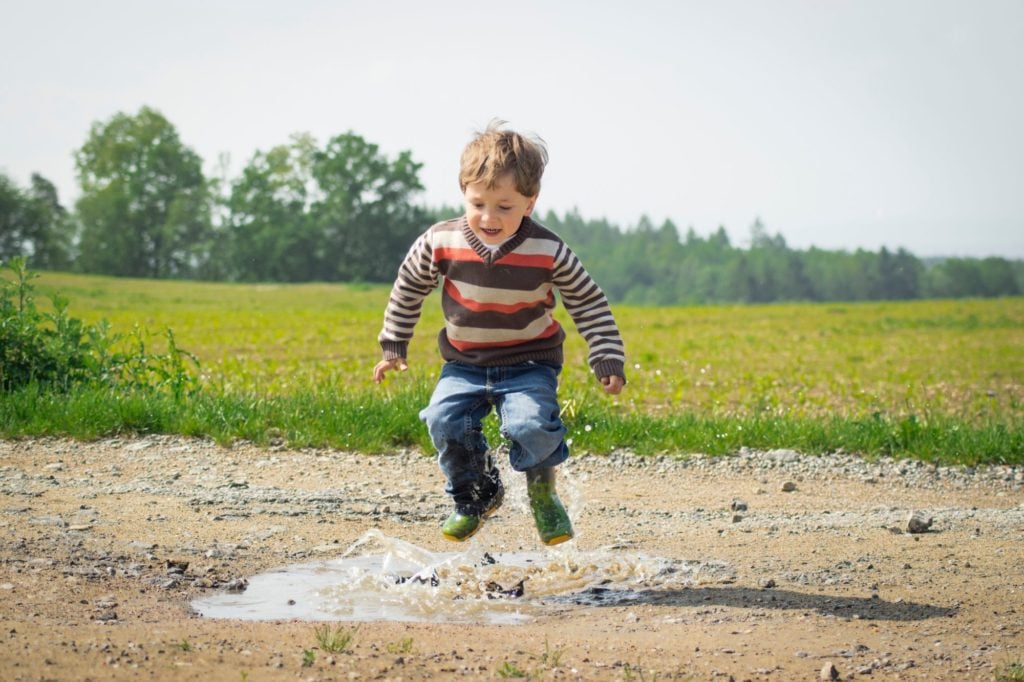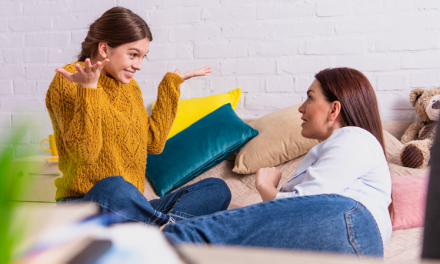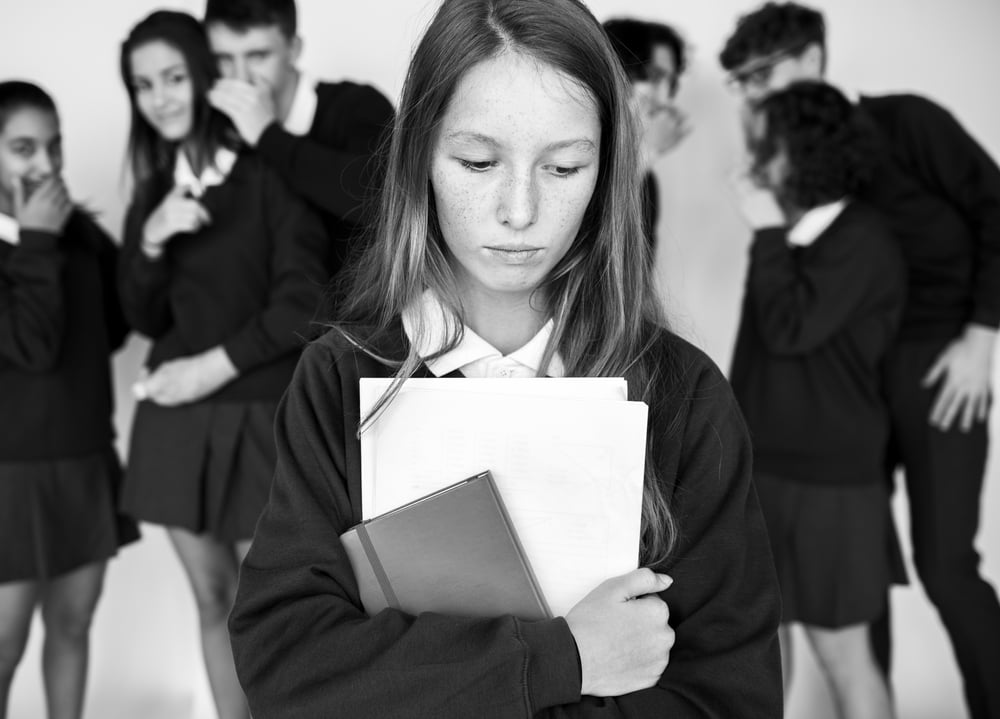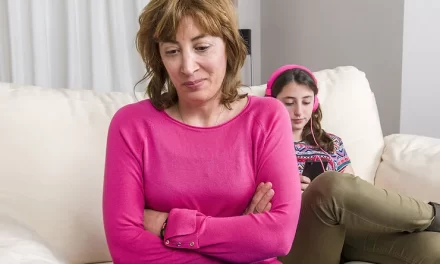What causes teen anxiety? There’s no simple answer, but here are some factors that may contribute, and some strategies for making things much better.
More people suffer from anxiety today than did during the Great Depression. Particularly young people. The first time I heard that I was stunned. How is that even possible? But then it is borne out in the research. 1 in 5 females suffers anxiety and the number of 15/16-year-olds with the condition has doubled in the last 30 years.
In asking ‘Why?’ or ‘What causes teen anxiety?’ there tends to be a fear of blame. Whose fault is this? That is not the aim here. Parenting is hard. Teaching is hard. And nobody is setting out to make kids anxious. In fact, some of it can be genetic or chemical or just life being particularly tricky.
But, by looking at some of the factors that contribute to the problem, we may see adjustments we can make which might make life a little easier for anxious kids.
What causes teen anxiety?
1. Social Media
The average teenager checks their social media up to 50 times a day. That is 50 times that they are looking at Facebook, Snapchat or Instagram and making comparisons. It is likely that in these comparisons they are coming off second best, especially considering the pervasion of Photoshop and apps to improve appearance. They do not understand that these platforms are presenting an idealised version of each person’s reality, a so-called highlights reel.
2. Body Image
Anxiety around body image is rampant. Young girls are constantly bombarded by a sexualised version of femininity. The music and advertising industries, in particular, are creating a role for a woman that is subservient and one-dimensional. This role does not serve women, yet girls are shaped by it by pure force of repetition. There is a standard set that is not realistic, impossible to live up to and frankly, not desirable.
In the past, we tended to think this was a problem only for women, but now with the advent of bigorexia we can welcome boys to this worry cauldron. Bigorexia is also known as muscle dysmorphia. It is a mental health condition where people become obsessed and unrealistic about muscular mass and appearance. It affects mainly teenage boys who are driven to a ‘manly’ version of masculinity. 25% of Australians with an eating disorder are male.
3. Raised on Praise
The star chart has a lot to answer for. From a very young age, children are taught that we do things for external reward. In trying to ensure that our children have high self-esteem have we compromised the development of true character? Our society has become big on attainment and low on values.
The processes of Instagram and Facebook reinforce this need for praise. Children are rewarded with ‘likes’. They are given very definite messages about what is good and what isn’t. Unfortunately, it seems that pulling a duck-face and showing a lot of cleavage is what is being rewarded. If your post does not garner maximum ‘likes’, there is anxiety around self-worth.
It is hard for parents and teachers to compete with the internet in shaping what a young person should be valuing. Integrity, hard work and kindness are not rewarded with a lot of likes! Anxiety comes when we do not deeply understand that our value lies in more than the way we look.
4. Lack of Play
Children are highly scheduled from a young age. Santa Maria College Psychologist, Jane Carmignani, cites a lack of play as one of the reasons for our children’s anxiety. While we are desperately pushing kids to reach milestones in reading, motor skills and social outcomes, we have forgotten about the natural development that comes with play.
In play, children learn to resolve conflict, regulate their emotions, socialise and make decisions. They are receiving ‘real world’ feedback and they are learning that they have an impact on their world. When we take them away from this developmental play, we deprive them of coping skills that will help them in an ever-changing world. Skills that will make them feel safe and protect them from anxiety.
5. Attachment Issues
There are two extremes in parenting that cause attachment issues that can lead to anxiety:
- There are the helicopter parents who constantly hover over their children keeping them out of harm’s way. They are the ‘no, no, no’ parents who don’t let their children take safe risks and establish their own boundaries. For these children, the only safe place is with Mum and Dad. They have not been given the confidence to safely explore their world and learn all the skills that help them cope with challenges.
- Insecure attachment is created when children are pushed out into the world prematurely. While aiming to give their children a head start in the world and ‘toughening them up’, parents sometimes create fear. In trying to get children to meet milestones they miss signals of need. It is okay for kids to need their parents. Developing and maintaining strong attachment is a protective factor against anxiety.
There is no doubt that it can be hard to get the balance right. And as I said before, nobody intends to create anxiety in his or her child.
6. Culture of Doom
The internet allows us access to the news at all times. Television competes with this by having hourly news bulletins and ‘Breaking News’ cutting into programmed shows. That is a lot of time and space to fill with news. As there really is only a limited amount of real news content in any one day, news agencies have to create sensation and drama.
Unfortunately, this dramatic, 24-hour exposure to disaster and mayhem has created a real culture of fear. When I was a kid, the news was on at 7pm. If you missed it, you missed it. The other 23 ½ hours a day were about friends, family, hobbies and school. It was actually quite difficult to be afraid of the world back then. There is no doubt this culture of doom is affecting our kids.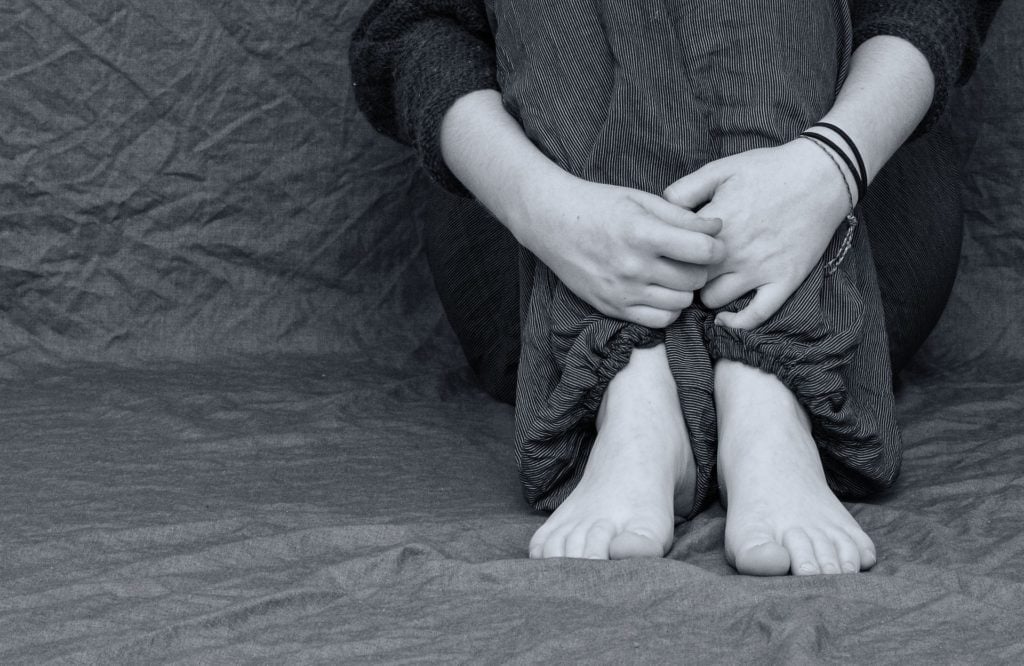
So how can we contribute to creating a culture of coping, instead of anxiety?
1. Accept that we are hard-wired for a certain amount of anxiety. It is a biological imperative that keeps us safe from threat. That said, recognise it, name it and develop coping skills to keep anxiety at manageable levels.
2. Empower your children with an ‘I can’ attitude. Talk openly about emotions and guide them through problem-solving.
3. Teach the body-mind connection. Some children have a negative stream of self-talk which is driving their anxiety. Helping them to change this script can help them manage their anxiety.
4. Mindfulness training. Anxiety is all about what might happen. In most cases, it is an irrational fear. Mindfulness brings us to the present moment rather than allowing our minds to drift and overthink. It is scientifically proven. Apps and strategies here.
5. Play. We need children to fall if they are going to learn to bounce. Nature play, in particular, gives children a sense of connectedness and safety. Less scheduled activities, more amusing themselves is required.
6. Disconnect from devices. Often. Use a social media contract to promote discussion with your kids.
7. Prepare children for stress. Give them coping mechanisms. Exercise, in particular, is a healthy stress release for kids. It also makes them sleep well…another protective factor against anxiety.
8. Develop in your children an internal locus of control. That means understanding that there are things we can control and some things we can’t, but we can always impact our situation. This understanding has been linked to less stress, less depression and greater happiness.
9. Give kids chores and make them responsible. It shows them they belong and contribute. It helps give them their niche, with that comes safety.
10. Finally, let’s all just slow down a bit. It simply isn’t necessary to be so busy. Kids don’t have to go to every party or take part in every activity…neither do we. Take a moment. Breathe. Hold your children in safe, loving arms. It’s 100% research-based and 100% wonderful.
Linda would love to meet you on her Facebook page here



